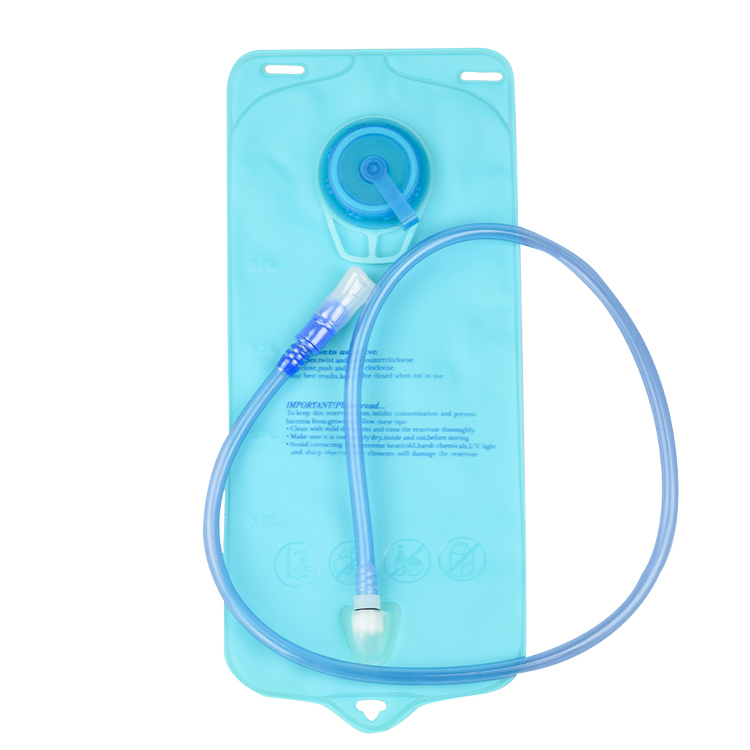EVA vs TPU
What is PEVA?
PEVA is a polymer material, abbreviated as "Polyethylene Vinyl Acetate" . It is a synthetic plastic, usually made by polymerizing ethylene and vinyl acetate monomers.
PEVA is a soft and transparent material commonly used in the manufacture of transparent plastic bags, raincoats, shower curtains, and other products due to its waterproof properties. It can also be used for disposable or short-term consumer goods, such as plastic bags, garbage bags, food preservation bags, etc.
What is TPU?
TPU is an abbreviation for thermoplastic polyurethane, which is a synthetic plastic material. Thermoplastic polyurethane is composed of molecules of polyurethane, with a unique chemical structure and characteristics such as elasticity, wear resistance, and chemical corrosion resistance.
It has excellent elasticity and wear resistance, so it is commonly used in applications that require elastic support or durability, such as sports shoe soles, phone protective covers, automotive parts, etc.
It can be made into transparent or semi transparent materials, making it suitable for manufacturing products such as mobile phone screen protective films, waterproof bags, glasses and lenses.
There are significant differences in sustainability and environmental protection between PEVA and TPU:
Biodegradability: In terms of biodegradability, PEVA is generally considered more environmentally friendly. When exposed to certain environmental conditions, such as sunlight, high temperature, and humidity, it will decompose over time. If PEVA products are ultimately buried in landfills or natural environments, they may be more prone to degradation compared to TPU, which is not biodegradable.
Recyclability: TPU is more recyclable than PEVA. TPU can be melted and reused during the manufacturing process. On the other hand, due to the challenges faced by the processing and reuse of this material, the recovery rate of PEVA is relatively low. The recyclability of TPU helps to reduce waste and save resources.
Chemical composition: Compared to PEVA, TPU is generally considered more stable and less prone to releasing harmful chemicals during its lifecycle. Some PEVA products may contain vinyl chloride or other environmentally harmful chemicals. TPU is usually manufactured without such hazardous ingredients.
Toxic emissions: In the production process, compared to PEVA, TPU typically emits fewer volatile organic compounds (VOCs) and other potentially harmful pollutants, and PEVA may release more VOCs during its production process.
Durability: TPU is known for its high durability and wear resistance. This durability can extend the service life of products made from TPU, potentially reducing the frequency of replacement and waste generation.
Application: In terms of sustainability, the choice between PEVA and TPU may also depend on the specific application. TPU is typically used in various industries, including outdoor equipment and sportswear, where durability and performance are crucial. PEVA is often used in disposable and disposable products due to its cost-effectiveness and biodegradability.
Although neither PEVA nor TPU can be considered completely environmentally friendly, they have different sustainability characteristics. PEVA has stronger biodegradability, but its recyclability is poor, and there may be more environmental issues during the production process. TPU is more recyclable, durable, and emits fewer harmful chemicals during production. Therefore, a suitable choice should be made between the specific applications and environmental priorities of the relevant products.
SBS SIBO TECHNOLOGY is a professional manufacturer of outdoor products such as soft cooler, water bladder, water bottle, hydration bladder,waterproof backpacks, and fishing tackle boxes,etc.



